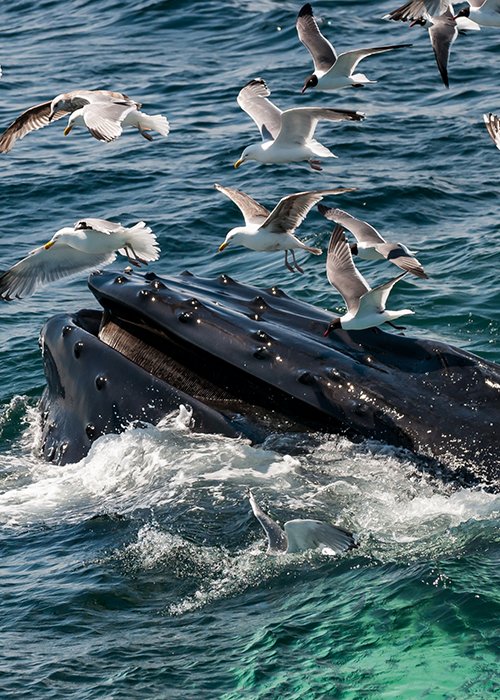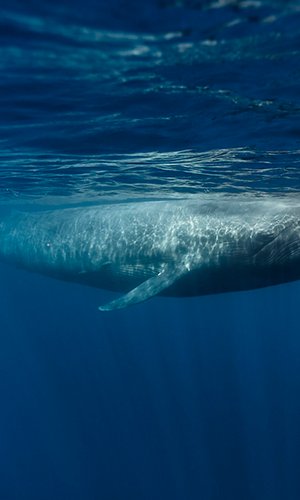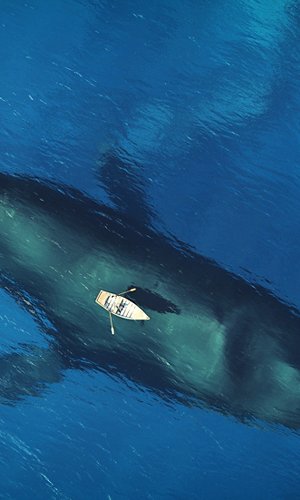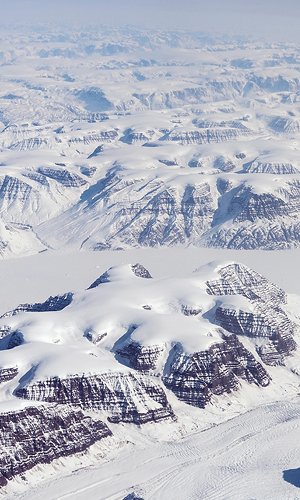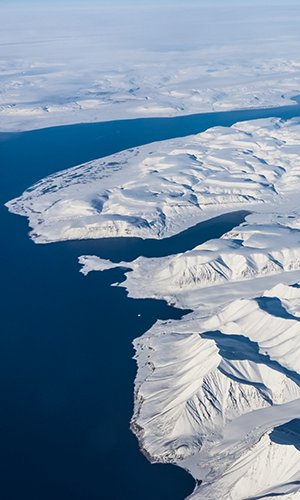Large cetaceans, such as minke whales and sperm whales, could play an active and positive role in combating climate change, according to recent research conducted by the University of Alaska Southeast. A whale eats an enormous amount of food and, accordingly, emits a corresponding amount of faeces. In this way, each cetacean puts large volumes of organic matter into circulation, helping to set the carbon cycle between the oceans, seabed and atmosphere in motion. This is a fundamental action; whales fertilise the waters and seabed with their iron-, nitrogen- and potassium-rich excrement, facilitating the growth of plankton and consequently krill (the tiny shrimps that feed on plankton and are the favourite dish of many large baleen whales). Using photosynthesis, plankton absorb atmospheric carbon dioxide as well as that dissolved in water and become an immense carbon sink. Moreover, whales are very long-lived and make long migrations, so they literally carry nutrients for the legendary seven seas. All the more reason to safeguard the lives of these wonderful giants of the sea.
